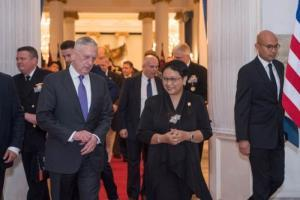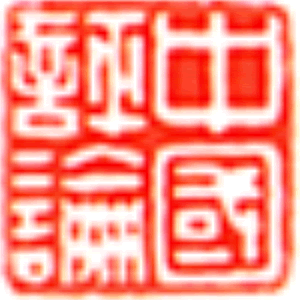Be a lot of talks with -- with people. And -- and hopefully get -- get to understand each other better. So what questions do you have and how do you want to --go ahead, Bob
Q:Secretary, could you be a little more specific with regard to Vietnam, as to what you hope to accomplish in the relationship? The three way situation with China and Vietnam (inaudible)
SEC. MATTIS:Yes. The -- well, you -- you know the history we've had with Vietnam. That has been largely made a matter of the past and the new relationship is one of much more trust. They have a Hamilton-class Coast Guard cutter now and they're -- may be interested in more. I need to hear more about how they see things developing as they maintain sovereignty over their territorial waters and economic zone, that they maintain oversight of that.
Obviously, we want to know what level of engagement they want with us. Is it professional military education, is it joint training? I want to sit down and just talk with them, get a better sense of the pragmatic steps that we can take as we move the relationship forward into one of trust and collaboration.
Q:...in Vietnam. You will be there almost on the day of the 50th anniversary of Tet Offensive. And I wanted to know, as an historian -- world historian that you are, what is the take that you -- what is your take about this -- the Tet Offensive and what is the lesson we can learn from this event? Because it was a military victory for U.S. but a political failure. And what do you think today we can learn from there?
SEC. MATTIS:I hadn't though -- like I said, that -- the matters of the past, I'd put no thought into that. Let me think about it. I have friends who fought in the Tet Offensive. Let me think about it and I'll come back to you.
|

